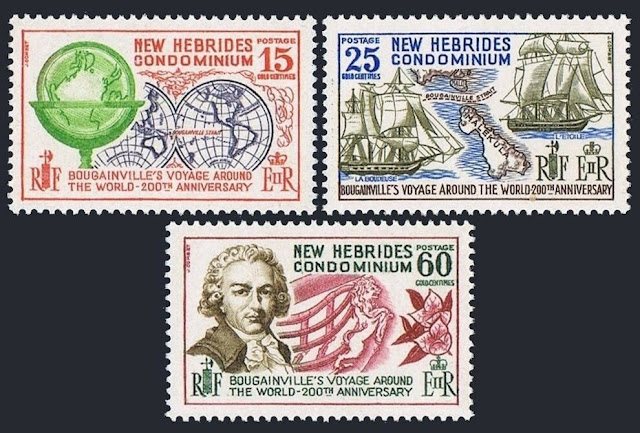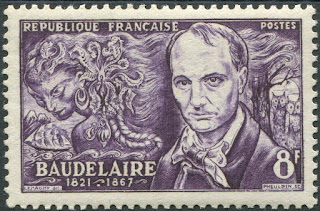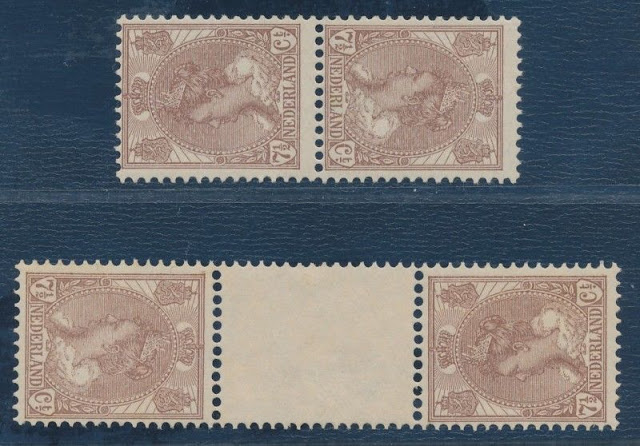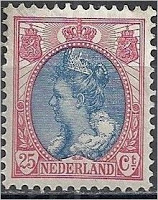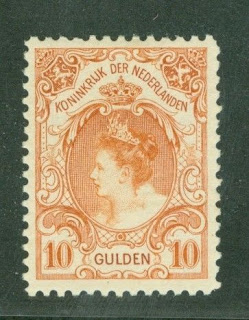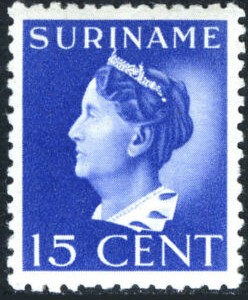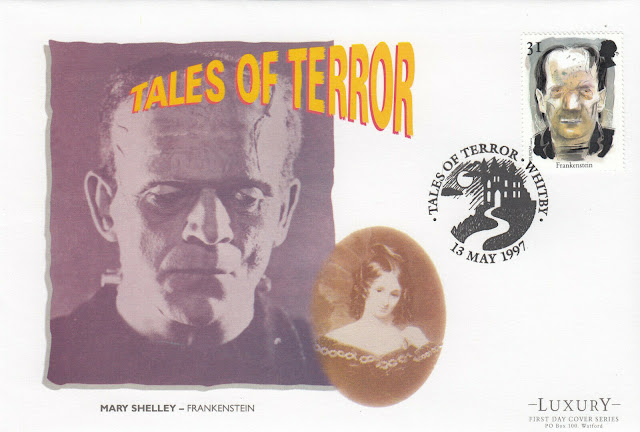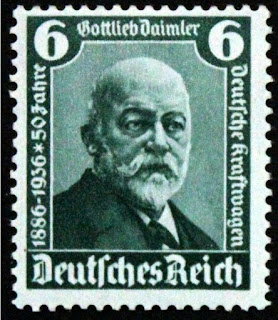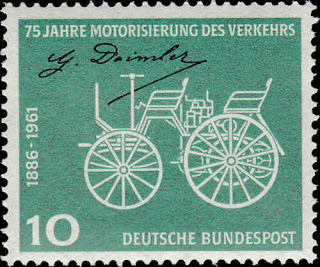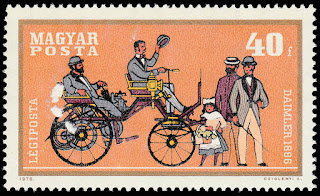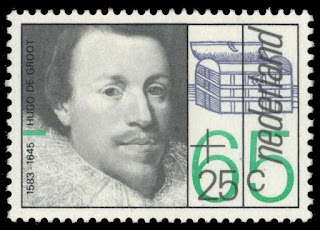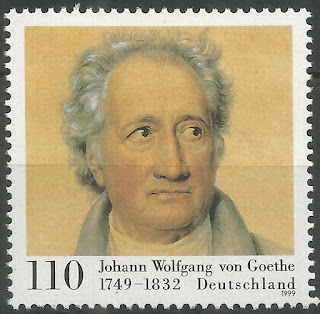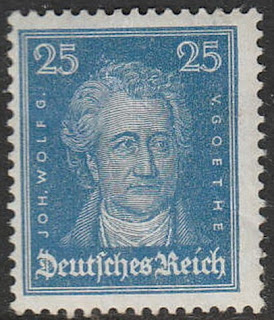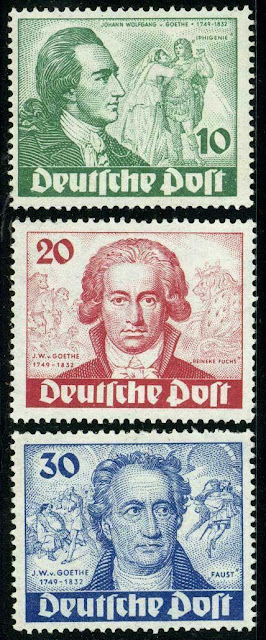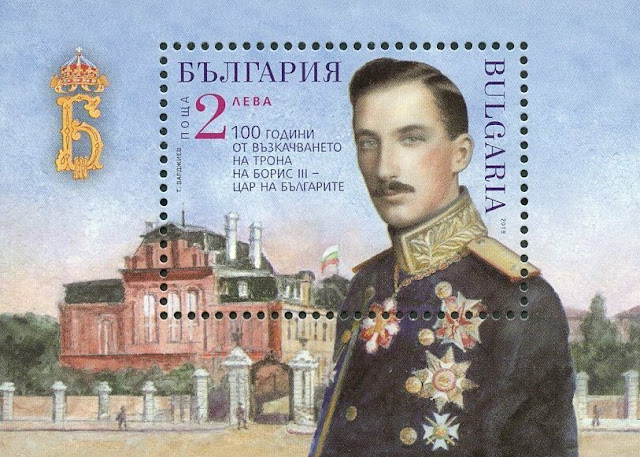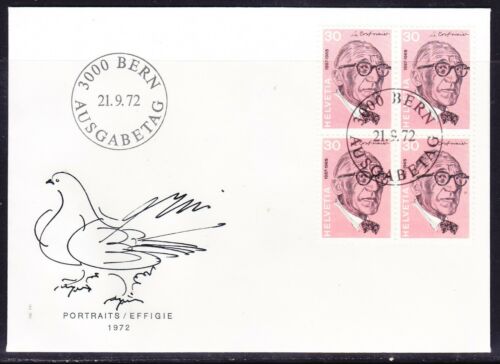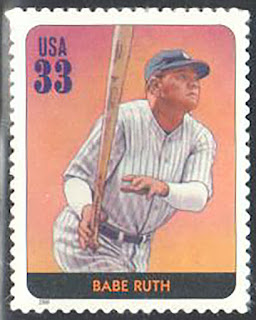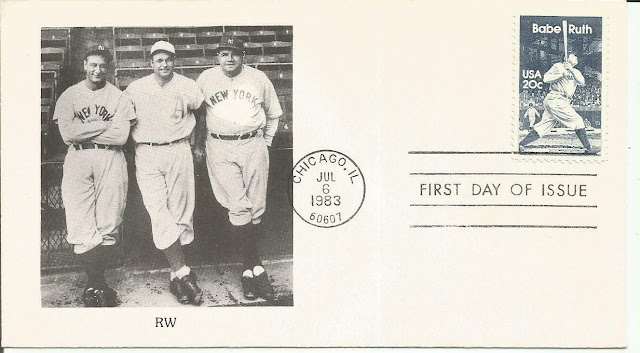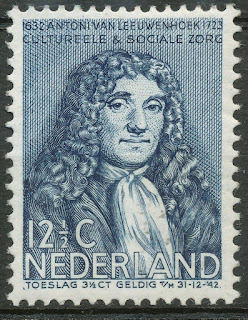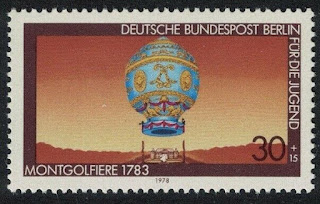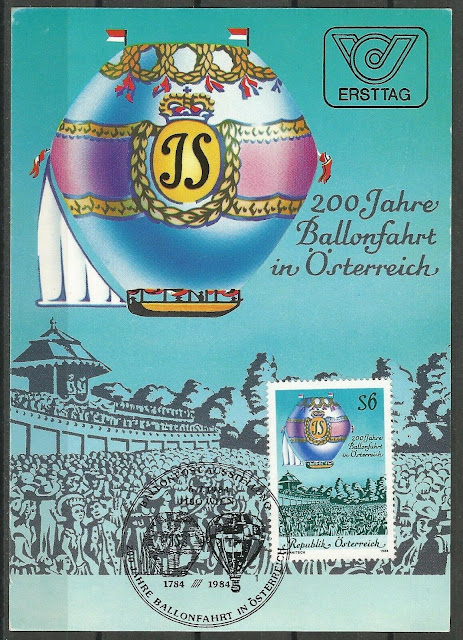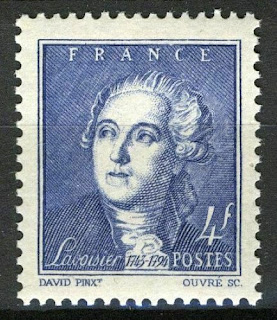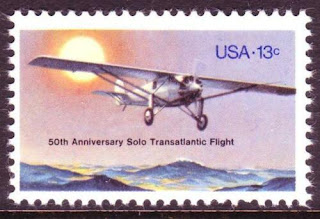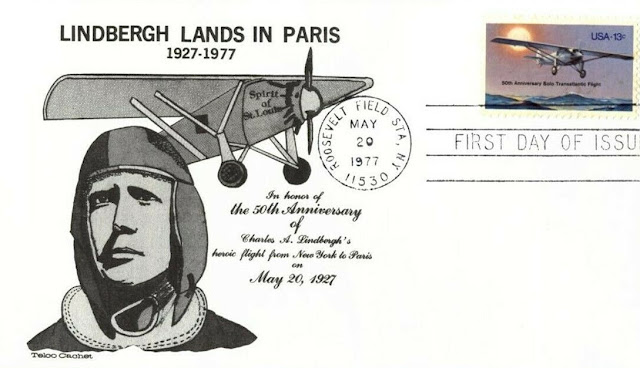Here are some events that happened on August 31st. It could be an event or a person that died or was born on that day
1811 Died: Louis Antoine de Bougainville, French admiral and explorer (b. 1729)
Louis-Antoine, Comte de Bougainville (12 November 1729 – 31 August 1811) was a French admiral and explorer. A contemporary of the British explorer James Cook, he took part in the Seven Years' War in North America and the American Revolutionary War against Britain. Bougainville later gained fame for his expeditions, including circumnavigation of the globe in a scientific expedition in 1763, the first recorded settlement on the Falkland Islands, and voyages into the Pacific Ocean. Bougainville Island of Papua New Guinea as well as the Bougainvillea flower were named after him.
In 1771, Bougainville published his travel log from the expedition under the title Le voyage autour du monde, par la frégate La Boudeuse, et la flûte L'Étoile (a.k.a. Voyage autour du monde and A Voyage Around the World). The book describes the geography, biology and anthropology of Argentina (then a Spanish colony), Patagonia, Tahiti and Indonesia (then a Dutch colony). The book was a sensation, especially the description of Tahitian society. Bougainville described it as an earthly paradise where men and women lived in blissful innocence, far from the corruption of civilization.
After an interval of several years, Bougainville again accepted a naval command and saw much active service between 1779 and 1782 during the American Revolutionary War, when France was as an ally of the rebels. He played a crucial part in the French victory at the Battle of the Chesapeake, which led to the eventual defeat of Great Britain.
Returning to Paris, he was one of the founding members of the Bureau des Longitudes. In 1799, the Consul Napoleon made him a senator. He died in Paris on 31 August 1811.
Stamps from New Hebrides and New Caledonia depicting de Bougainville
In 1771, Bougainville published his travel log from the expedition under the title Le voyage autour du monde, par la frégate La Boudeuse, et la flûte L'Étoile (a.k.a. Voyage autour du monde and A Voyage Around the World). The book describes the geography, biology and anthropology of Argentina (then a Spanish colony), Patagonia, Tahiti and Indonesia (then a Dutch colony). The book was a sensation, especially the description of Tahitian society. Bougainville described it as an earthly paradise where men and women lived in blissful innocence, far from the corruption of civilization.
After an interval of several years, Bougainville again accepted a naval command and saw much active service between 1779 and 1782 during the American Revolutionary War, when France was as an ally of the rebels. He played a crucial part in the French victory at the Battle of the Chesapeake, which led to the eventual defeat of Great Britain.
Returning to Paris, he was one of the founding members of the Bureau des Longitudes. In 1799, the Consul Napoleon made him a senator. He died in Paris on 31 August 1811.
Stamps from New Hebrides and New Caledonia depicting de Bougainville
1867 Died: Charles Baudelaire, French poet and critic (b. 1821)
Charles Pierre Baudelaire (9 April 1821 – 31 August 1867) was a French poet who also produced notable work as an essayist, art critic, and pioneering translator of Edgar Allan Poe.
His most famous work, a book of lyric poetry titled Les Fleurs du mal (The Flowers of Evil), expresses the changing nature of beauty in the rapidly industrializing Paris during the mid-19th century. Baudelaire's highly original style of prose-poetry influenced a whole generation of poets including Paul Verlaine, Arthur Rimbaud and Stéphane Mallarmé, among many others. He is credited with coining the term "modernity" (modernité) to designate the fleeting, ephemeral experience of life in an urban metropolis, and the responsibility of artistic expression to capture that experience.
Stamps from France and Monaco depicting Charles Baudelaire
His most famous work, a book of lyric poetry titled Les Fleurs du mal (The Flowers of Evil), expresses the changing nature of beauty in the rapidly industrializing Paris during the mid-19th century. Baudelaire's highly original style of prose-poetry influenced a whole generation of poets including Paul Verlaine, Arthur Rimbaud and Stéphane Mallarmé, among many others. He is credited with coining the term "modernity" (modernité) to designate the fleeting, ephemeral experience of life in an urban metropolis, and the responsibility of artistic expression to capture that experience.
Stamps from France and Monaco depicting Charles Baudelaire
1880 Born: Wilhelmina, queen of the Netherlands (d. 1962)
Wilhelmina (Wilhelmina Helena Pauline Maria; 31 August 1880 – 28 November 1962) was Queen of the Netherlands from 1890 until her abdication in 1948. She reigned for nearly 58 years, longer than any other Dutch monarch. Her reign saw the First and the Second world wars, the Dutch economic crisis of 1933, and the decline of the Netherlands as a major colonial power.
Wilhelmina was the only child of King William III and his second wife, Emma of Waldeck and Pyrmont. On William's death in 1890, she ascended to the throne at the age of ten under the regency of her mother. In 1901, she married Duke Henry of Mecklenburg-Schwerin, with whom she had a daughter, Juliana. Wilhelmina was generally credited with maintaining Dutch neutrality during the First World War.
Following the German invasion of the Netherlands in 1940, Wilhelmina fled to Britain and took charge of the Dutch government-in-exile. She frequently spoke to the Dutch people over radio and came to be regarded as a symbol of the Dutch resistance. She returned to the Netherlands following its liberation in 1945.
Increasingly beset by poor health after the war, Wilhelmina abdicated in September 1948 in favour of Juliana. She retired to Het Loo Palace, where she died in 1962.
Dutch, Suriname and Netherlands Indies stamps depicting Wilhelmina
Wilhelmina was the only child of King William III and his second wife, Emma of Waldeck and Pyrmont. On William's death in 1890, she ascended to the throne at the age of ten under the regency of her mother. In 1901, she married Duke Henry of Mecklenburg-Schwerin, with whom she had a daughter, Juliana. Wilhelmina was generally credited with maintaining Dutch neutrality during the First World War.
Following the German invasion of the Netherlands in 1940, Wilhelmina fled to Britain and took charge of the Dutch government-in-exile. She frequently spoke to the Dutch people over radio and came to be regarded as a symbol of the Dutch resistance. She returned to the Netherlands following its liberation in 1945.
Increasingly beset by poor health after the war, Wilhelmina abdicated in September 1948 in favour of Juliana. She retired to Het Loo Palace, where she died in 1962.
Dutch, Suriname and Netherlands Indies stamps depicting Wilhelmina

